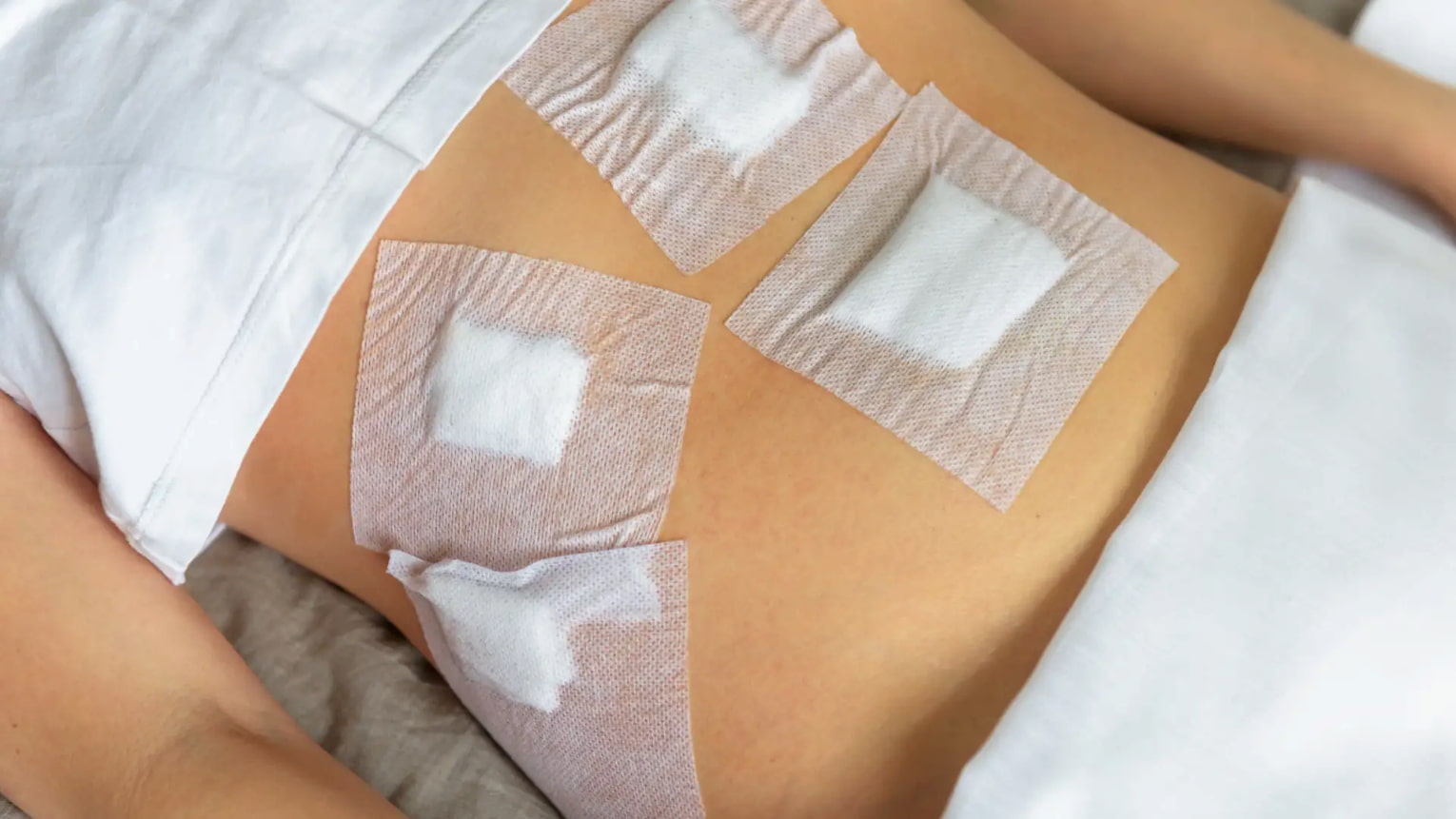Gallbladder removal, known as a cholecystectomy, is a common procedure for addressing gallbladder pain. Often performed as a laparoscopic surgery that uses small incisions and a tube-like camera, it is one of the safest surgeries with a 1 in 1000 risk of complication. If you have a cholecystectomy scheduled with an HPB surgeon, you may be wondering how to prepare for recovery after gallbladder removal. For a preview of what to expect at each stage and a general recovery timeline for laparoscopic cholecystectomies, read our guide to help your experience become more comfortable and stress-free.
How to prepare for gallbladder surgery
Gallbladder surgery, whether laparoscopic or open, usually does not require extra preparation beyond the scope of standard surgeries. Once the decision to proceed with a cholecystectomy is made, your doctor will provide instructions and recommendations specific to your procedure. These will minimise the risks of complications and facilitate a pleasant recovery period. You can expect specific instructions on:
- When to stop eating and drinking
- How to take your regular medication
- Where and when to present to the hospital
When preparing for recovery after gallbladder removal, organising a means of returning home or to your accommodation is necessary due to driving restrictions after general anaesthesia administration, which can last up to 24 hours. Consider securing transportation for yourself as soon as the day of surgery is confirmed for a smooth transition to rest. Arranging for someone to provide household assistance during the first few weeks after surgery can also be helpful.
What to expect during gallbladder surgery
Most laparoscopic operations take up to an hour to complete, with open surgery taking slightly longer. You can expect an overnight stay at the hospital where you are being treated, with same-day discharges possible when surgery is completed early in the day and based on the assessment of the HPB surgeon.
How long does gallbladder surgery recovery take?
Recovery after gallbladder removal generally takes from three days to a week for laparoscopic procedures. Open cholecystectomy patients can expect a longer recovery period of one to two months before resuming normal activity.
Here’s a general timeline for laparoscopic cholecystectomy procedures that outlines what to anticipate during each recovery window:
The first 24 hours
- Whether your cholecystectomy includes an overnight stay or not, the first 24 hours after gallbladder removal will involve a steady return to limited activity. Once rested, getting up for light movement is encouraged to help return your body to regular fitness as soon as possible. Short walks should be the extent of your physical activity and will also help prevent postoperative blood clots from forming.
- Gallbladder removal does not usually require dietary changes. Your healthcare provider may suggest dietary restrictions or recommendations based on your health condition, but most patients can continue a similar diet before the procedure. You may find that your body tolerates smaller meals best after the operation. Consume ample fluids and prioritise foods rich in fibre to assist bowel movements.
- Mild stomach and abdomen pain is common, and prescription medicine is usually provided. If pain symptoms worsen at this stage, contact your healthcare provider or GP.
- It is recommended that you avoid making any important decisions or signing legal documents. Driving a motor vehicle and operating machinery is also not advised for your safety and that of others.
24 – 48 hours after surgery
- Introducing longer walks at this stage will help build your strength back to regular physical capacity. Avoid heavy lifting (up to 7 kg) and movements that rely on your abdomen for support. Bruising at the incision sites may continue to form during this window.
- To check your ability to drive safely 24 to 48 hours after gallbladder removal, attempt a full emergency brake in your car before departing. Check the contents of your insurance to ensure you are not voiding any policies. Consider driving with a confident passenger to provide extra assurance.
The first week after surgery
- Most patients find that some degree of everyday activity becomes manageable from the first two days of recovery. Continuing to rest is important at this stage, and how soon you can return to work will depend on the level of physical activity involved.
- Sedentary jobs or work that requires less physical activity can often be performed after seven days. Coming in for half a day or reduced hours is also worth considering to ease your transition back to work.
- Bruising and minor pain near the wound should continue to decrease as the week progresses.
Two weeks and beyond
- Most abdominal pain or discomfort can be expected to improve during the second week of recovery.
- At this stage, some trouble still processing heavier or fattier meals is not uncommon. It can take up to two months for your body to adjust to digesting food without a gallbladder. Consider dietary supplements for extra support and targeted nutrition.
- If your work involves heavy lifting, returning after two weeks is recommended. Delaying your return to sports or physical activity for one to two months is also advised to ensure your body has healed enough to bear impact or stress.
- Open surgery patients can expect to be in the early stages of overall recovery but should notice improvements in pain and stamina.
Addressing gallbladder pain
Laparoscopic cholecystectomies are one of the most commonly performed surgeries in New Zealand, with the benefit of minimal lifestyle disruptions in the long term. Knowing what to expect at each stage of recovery means you can outline a postoperative plan with work and lifestyle arrangements organised ahead of time. If you’re experiencing pain that you believe may be related to your gallbladder, get in touch with Dr. Michael Chu to arrange a consultation.

